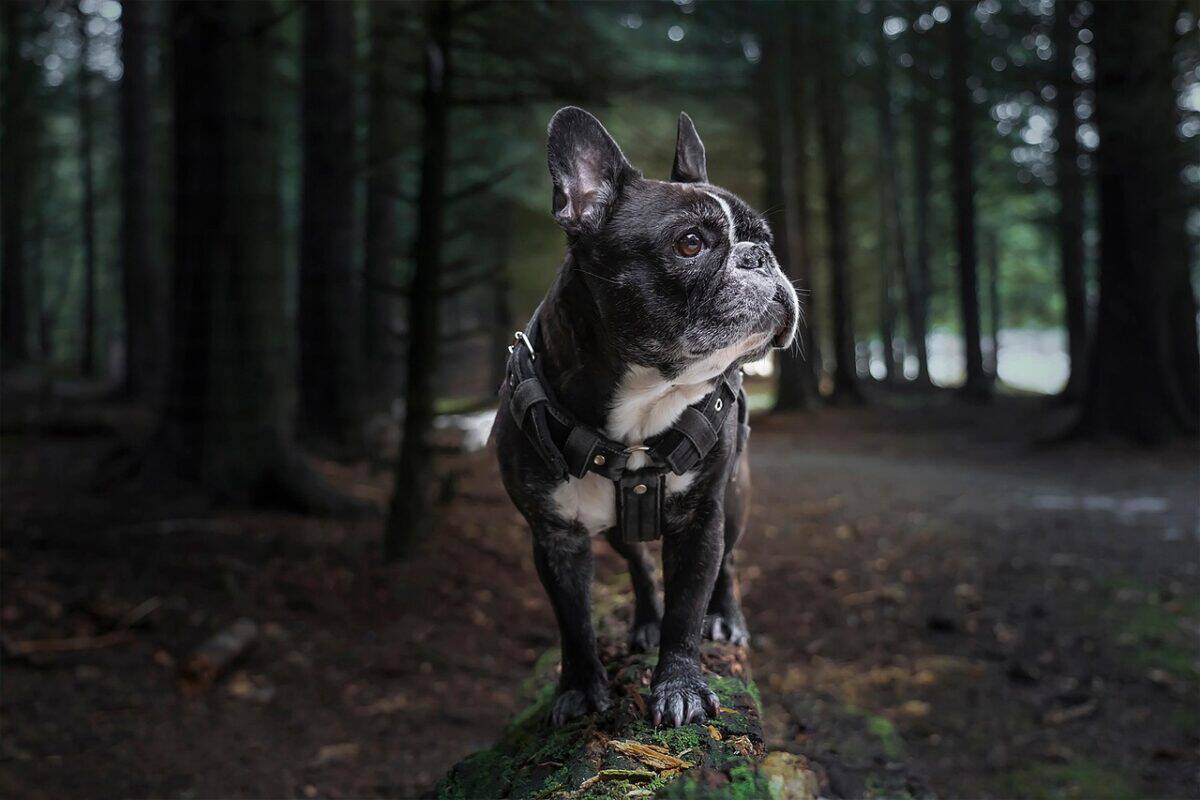Dogs are known for their loyalty, companionship, and a rather vocal means of communication—barking. While barking is a natural way for dogs to express themselves, some breeds are known for being quieter. Whether you’re looking for a calm companion or live in a noise-sensitive environment, choosing a breed that rarely barks could be ideal. In this article, we delve into ten dog breeds that tend to keep barking at bay.
10. Basenji: The Barkless Dog
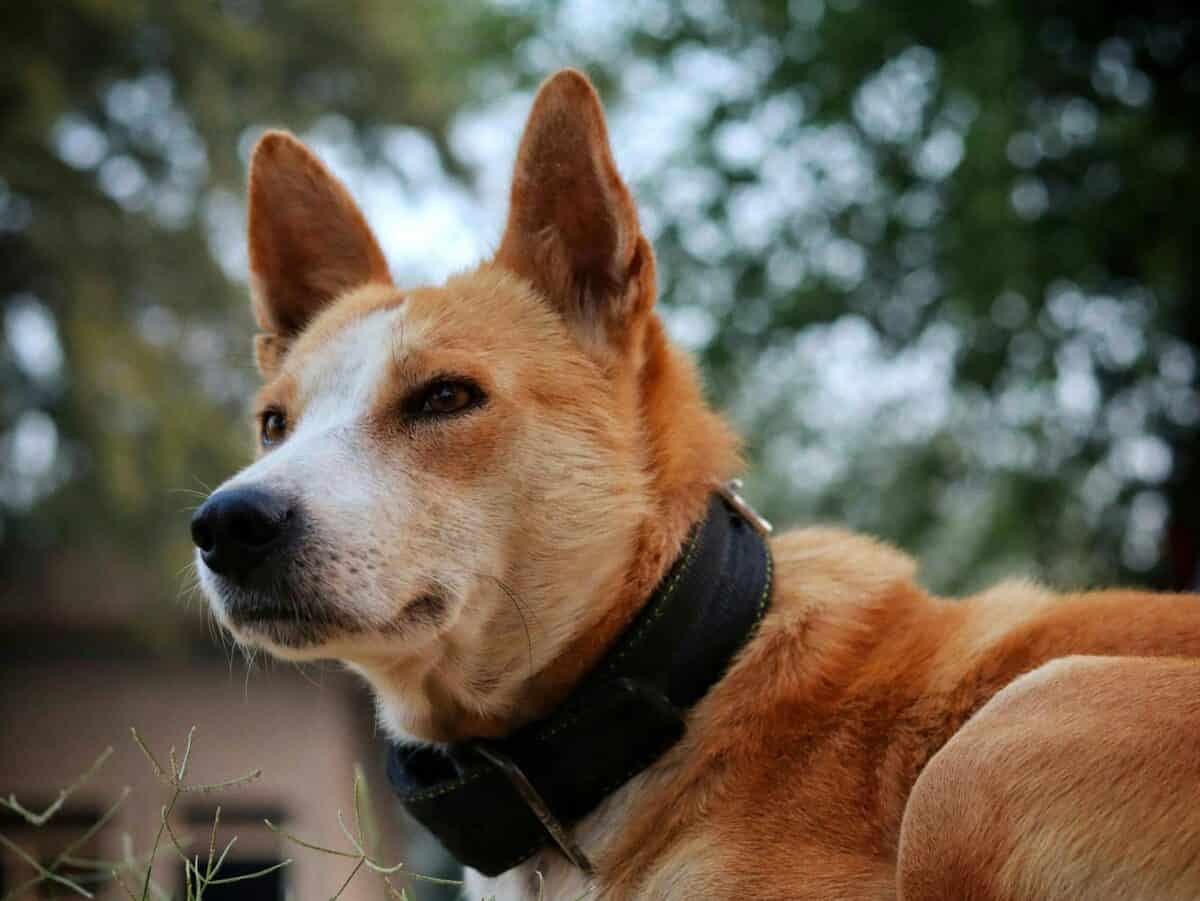
The Basenji is often referred to as the “barkless dog” due to its unique vocal cords, which produce a sound more akin to yodeling than barking. Originating from Central Africa, these ancient dogs are known for their independence and alertness. While they are generally quiet, they communicate through a variety of other sounds and expressions, showcasing their intelligence and personality.
9. Shiba Inu: The Silent Watcher
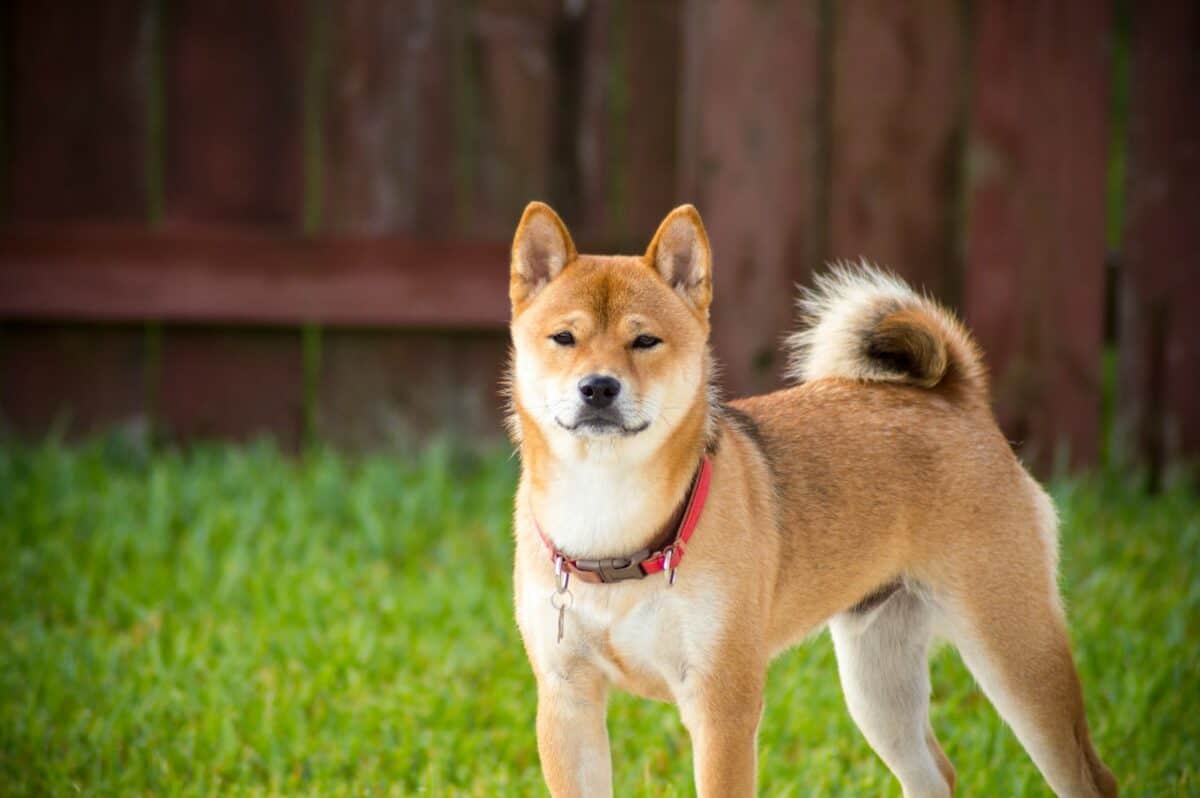
The Shiba Inu, a breed of Japanese origin, is not only visually striking but also notably quiet. Unlike some of its more vocal counterparts, the Shiba Inu tends to stay silent, barking only when necessary. Known for their spirited, fearless nature, these dogs can be both loving and aloof, making them unique companions.
8. Greyhound: The Quiet Sprinter
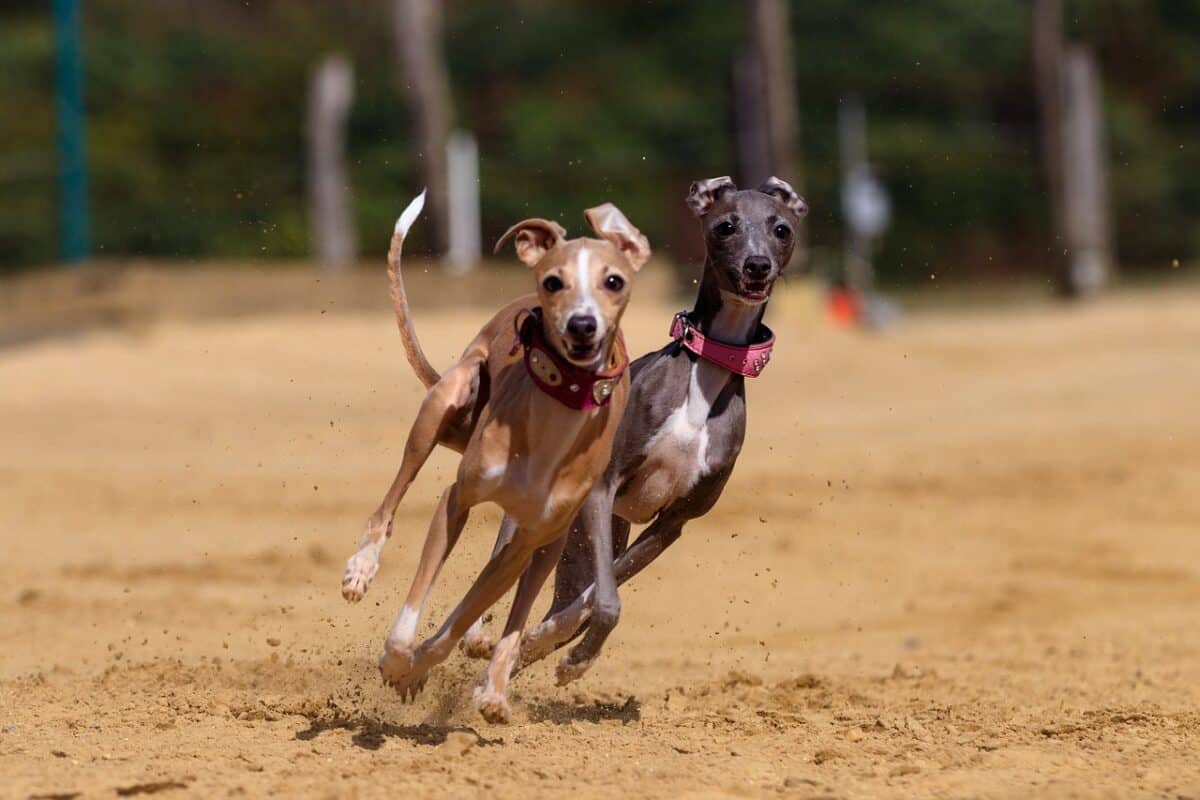
Greyhounds may be famous for their speed, but they are also quiet and gentle giants. Often, their love for lounging and laid-back demeanor translates into a less vocal expression. Their quiet nature makes them perfect residents for apartments or close-knit communities where noise complaints might be a concern.
7. Whippet: The Low-Noise Athlete
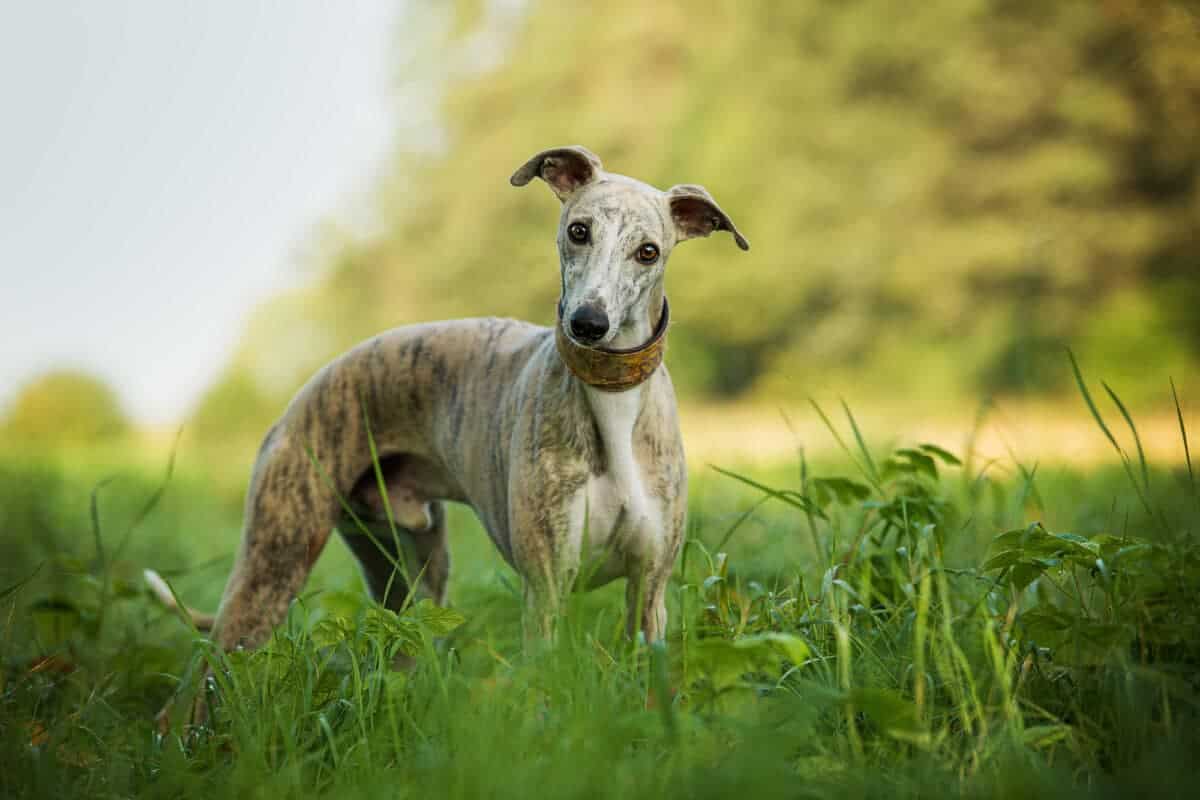
Related to Greyhounds, Whippets share many similarities, including their quiet nature. These sleek, athletic dogs rarely bark, preferring to show their energy through running and playing. Their relaxed demeanor at home makes them excellent pets for those looking for a quieter environment.
6. Bulldog: The Steady Companion

Bulldogs, with their iconic wrinkled faces and stocky build, are surprisingly quiet. This breed tends to bark very little, focusing more on their affectionate and loyal nature with their owners. Breathing difficulties due to their short snouts might cause sounds like snoring or wheezing, but barking is typically minimal.
5. Akita: The Reserved Protector
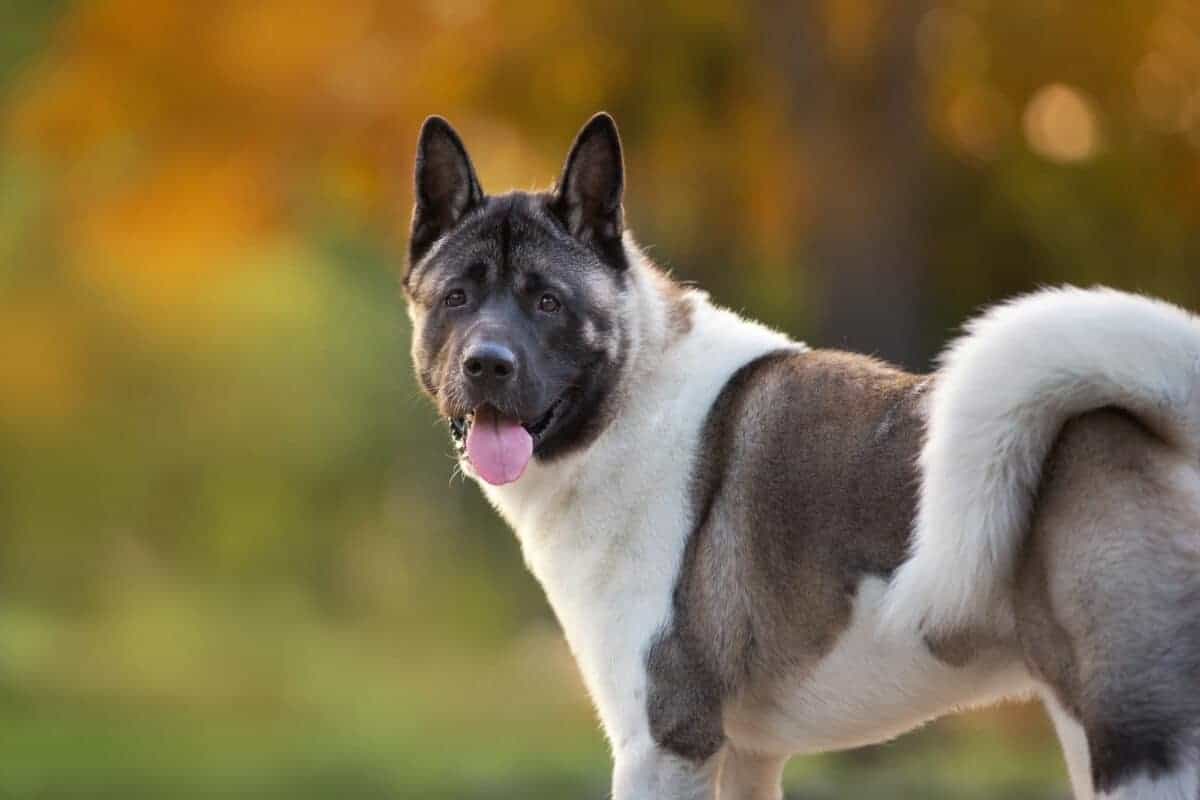
The Akita is known for its strong silent presence. This Japanese breed is highly intelligent and reserved, barking only when absolutely necessary. They are often protective of their families, showcasing their inherent alertness without excessive noise.
4. Chow Chow: The Quiet Giant
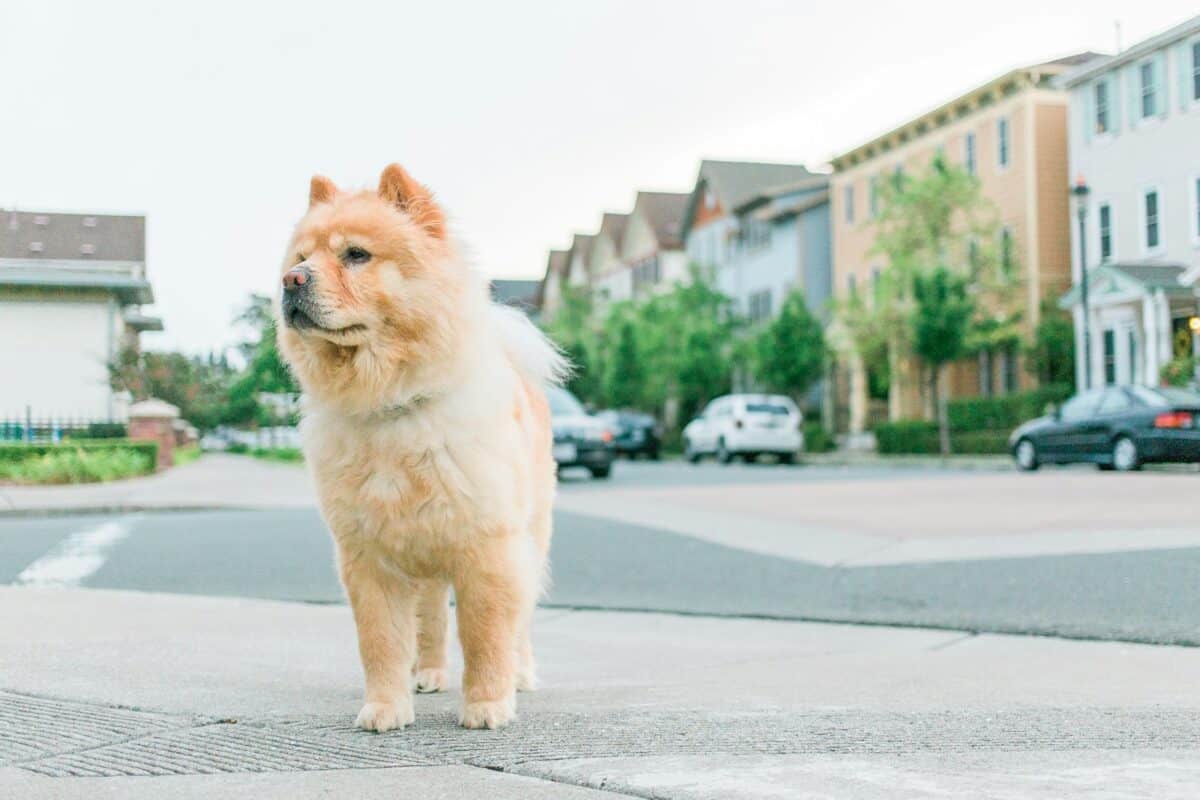
Chow Chows are known for their lion-like appearance and calm demeanor. This breed tends to remain quiet, barking only in alert situations. Their independent and reserved nature might make them seem aloof, but they are incredibly loyal to their owners.
3. Newfoundland: The Gentle Giant
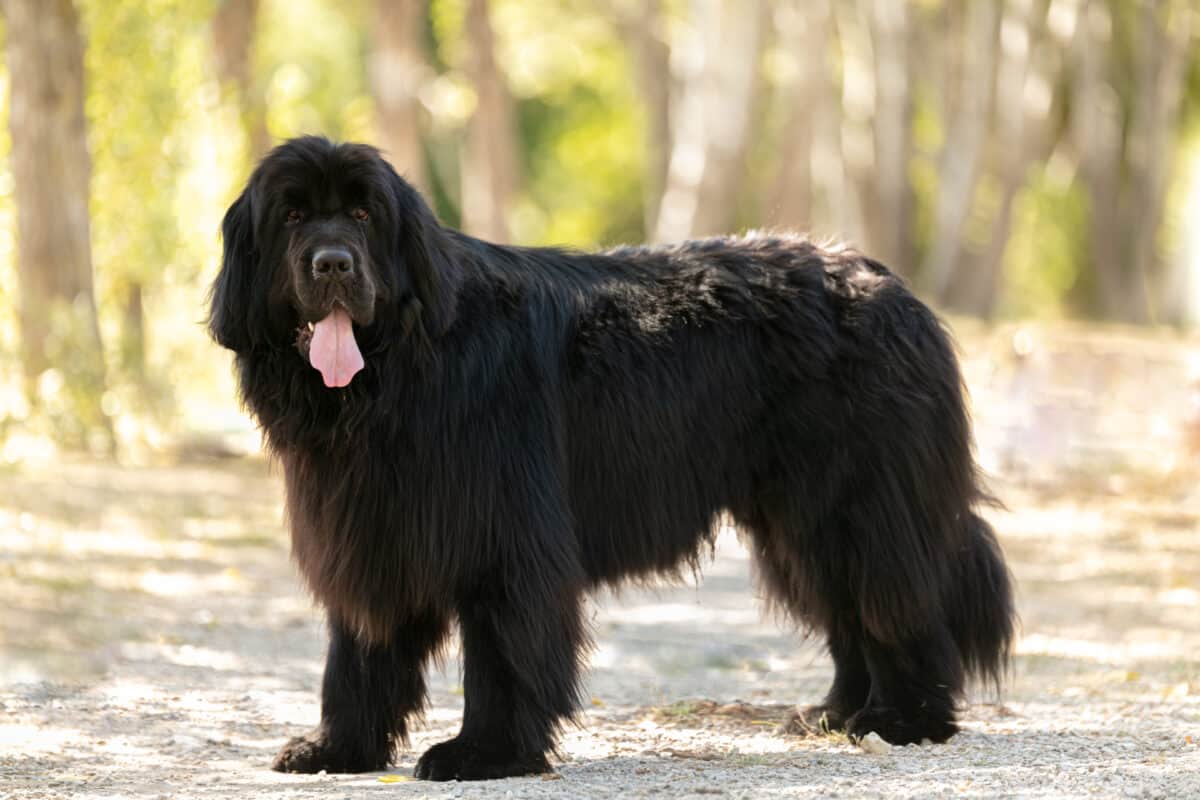
Known for their gentle and kind nature, Newfoundlands are big dogs with a surprisingly low inclination to bark. They tend to display their protective instincts quietly and are excellent family dogs due to their friendly and patient disposition.
2. Great Dane: The Silent Guardian

Despite their enormous size, Great Danes are known for their gentle temperament and minimal barking. These dogs often act as silent guardians, using their stature rather than their voice to ward off potential intruders. This quality, combined with their affectionate nature, makes them wonderful family pets.
1. Irish Setter: The Quiet Companion
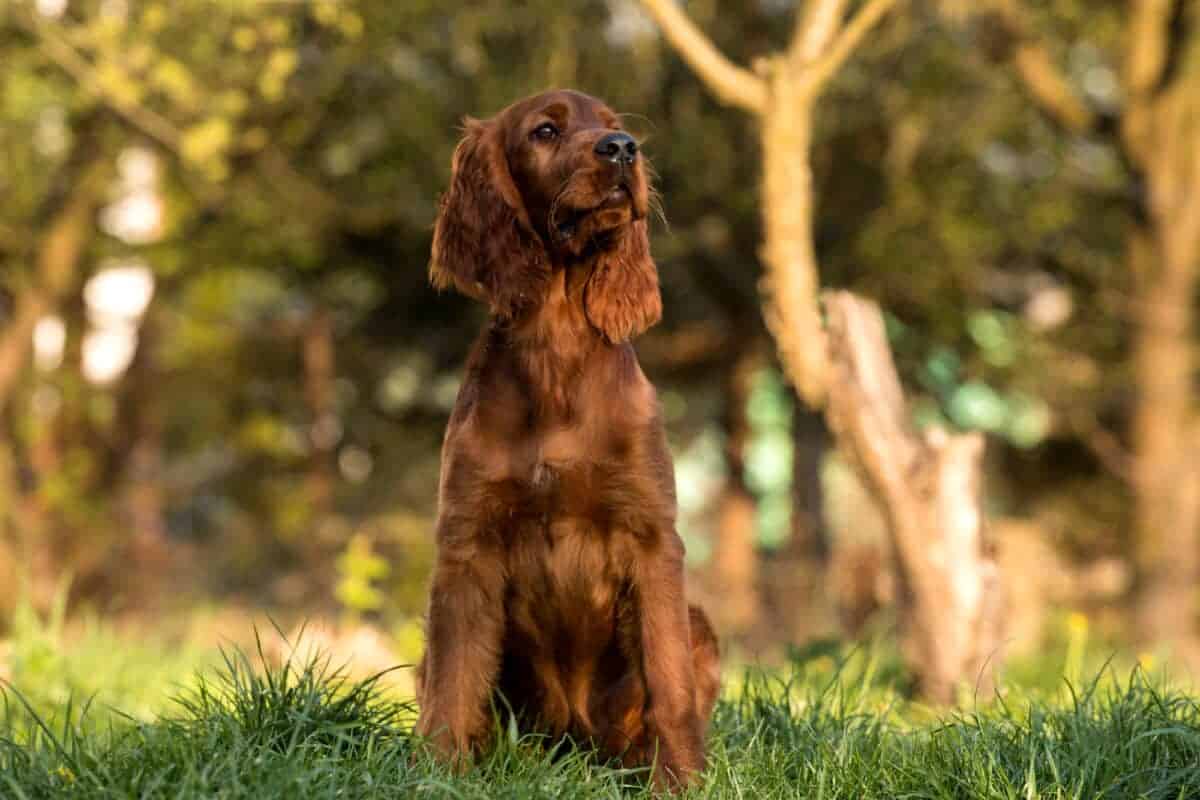
Irish Setters are celebrated for their exuberant personalities and striking red coats. While they are lively and energetic, they do not bark excessively. Their desire to please makes them easy to train, reducing the need to bark for attention or communication.
Choosing a dog breed known for barking less can be beneficial for various reasons. It suits potential pet owners who live in shared spaces, have young children, or simply prefer a more peaceful environment. However, it’s essential to recognize that any dog can bark depending on individual temperament, upbringing, and training.
Even breeds that are generally quieter still need proper training and socialization to ensure they meet expectations. Encouraging positive behaviors and understanding their triggers can keep any dog content and less prone to unwanted barking.
In conclusion, while these breeds are typically less vocal, every dog is unique. Understanding their natural inclinations, recognizing their needs, and applying consistent training can ensure a harmonious relationship, even with breeds known to bark more. The key to a peaceful coexistence with your canine companion lies in understanding them as individuals, regardless of their breed tendencies.
- 10 Dog Breeds That Rarely Bark - August 13, 2025
- The Lifespan of a Wild Zebra—and What Threatens It - August 13, 2025
- 10 Times US Military Dogs Performed Acts of Unbelievable Bravery - August 13, 2025

